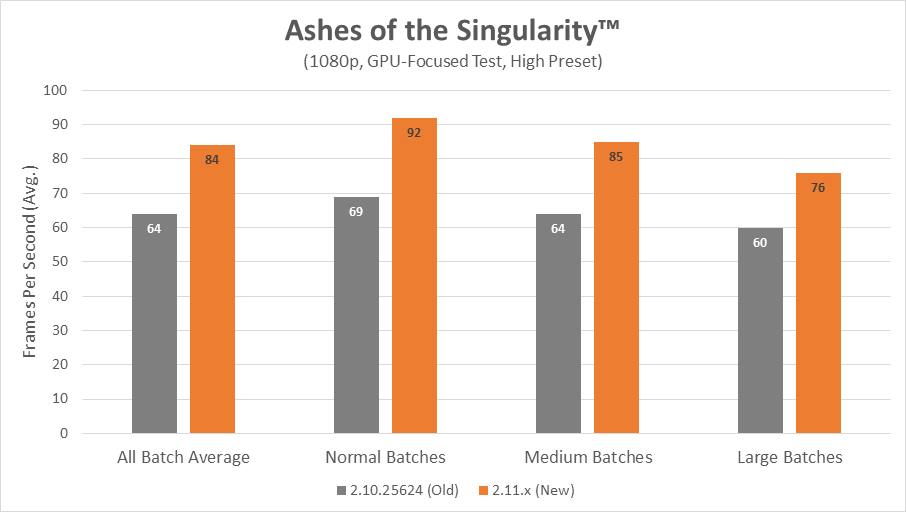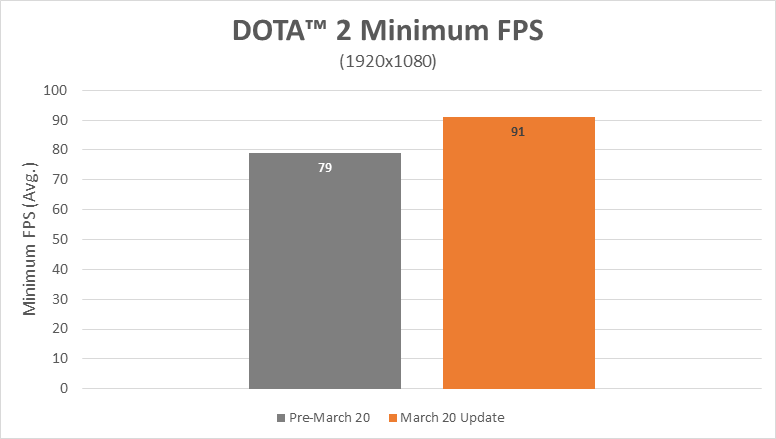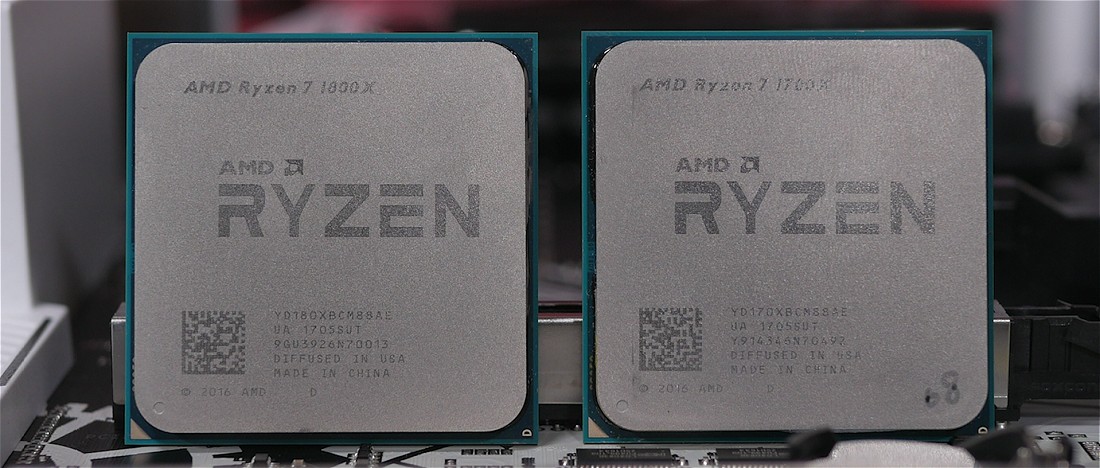AMD revitalized a stale consumer CPU market earlier this month with the launch of its Ryzen platform. The company's first few chips offered incredibly impressive performance as it relates to multi-threaded productivity and content creation workloads but fell a bit short on the gaming side.
Such was not all that surprising considering it's a brand new platform and there are still kinks to be worked out. What's more, AMD has had very little time to work with developers to optimize performance on popular titles such as Ashes of the Singularity.

With regard to this title specifically, AMD has spent the past few weeks working with the teams at Stardock and Oxide Games to boost Ryzen performance. The result is a new build of the game (v2.11.x) out on Steam today that AMD claims is up to 30 percent faster on the Ryzen 1800X processor.
There's also a new major update (v2.20.x) coming soon that'll introduce things like game replays, mod support, three new maps and a number of balance tweaks according to AMD's Robert Hallock.

Also of note are some changes that were introduced in the March 20 update for DOTA 2 designed to boost the game's minimum framerates. In AMD's 1080p testing, they're getting minimum framerates that are roughly 15 percent higher than before on the Ryzen 1800X. This, Hallock, notes, lowers input latency by around 1.7ms.
Last but not least, AMD will soon be distributing AMD Generic Encapsulated Software Architecture (AGESA) point release 1.0.0.4 to motherboard partners. BIOS based on this AGESA, which should arrive in early April, will offer four key improvements to end-users as outlined below:
- We have reduced DRAM latency by approximately 6ns. This can result in higher performance for latency-sensitive applications.
- We resolved a condition where an unusual FMA3 code sequence could cause a system hang.
- We resolved the "overclock sleep bug" where an incorrect CPU frequency could be reported after resuming from S3 sleep.
- AMD Ryzen Master no longer requires the High-Precision Event Timer (HPET).
This is only the start, Hallock says, as AMD will have an update ready by May that'll focus on DDR4 memory overclocking.
